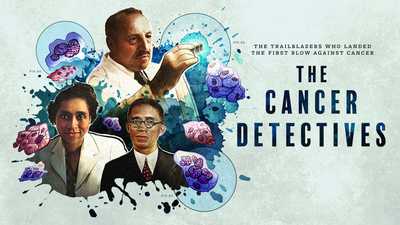Whitman and Race
Whitman's great grandfather had been a slave owner (slavery was legal on Long Island until 1828) and Whitman did not have a high opinion of the ten percent of Brooklyn residents who were of African descent. In an early novel, the protagonist has a sexual relationship with a mixed race mistress in New Orleans, reaffirming racial stereotypes of the time. Yet Whitman thought slavery abhorrent. His sympathy for laborers naturally extended to those in servitude, and he often wrote in the voice of the oppressed.

Opposed to Extremists
Early on, Whitman thought abolitionists like William garrison to be extremists, and "the dangerous and fanatical insanity of 'Abolitionism' as impracticable as it is wild." In his opinion, the crusaders' moral absolutism, as much as the insistence of proslavery whites of the South, was contributing to the division of the Union.
A Pragmatic Approach
Whitman embraced the doctrine of Free Soil. Following the Mexican-American War in 1848, President James K. Polk awaited a House appropriations bill to settle the conflict. A Democratic senator from Pennsylvania, David Wilmot, added a proviso mandating that slavery would be illegal in any of the new western territories that joined the United States. The Wilmot Proviso did not pass, but the position that new states should be free states led to the brief formation of the Free Soil Party. This rather pragmatic position sought to stop the spread of slavery in America with the understanding that slavery would prove to be economically unsound and the slave states would suffer for having adopted the institution. For Whitman and other like-minded thinkers, the free soil position had the potential to keep the Union together.
The War
As the issue of slavery threatened to tear the nation apart, Whitman began to side with the abolitionists — but not because he'd changed his views on race. The nation's pragmatic compromises were breaking down. Kansas was heading for statehood and settlers from both sides of the slavery issue were arriving in the territory to participate in the referendum that would determine the legality of slavery there. Fierce fighting broke out. "Bleeding Kansas" joined the Union as a free state in January 1861. A few months later, the Confederate Army attacked Fort Sumter. The Civil War had begun. During the war, Whitman was most moved by the suffering of soldiers on both sides of the conflict, not by the plight of the slaves.
In Context
Although Whitman's attitude towards blacks may be offensive to modern audiences, it was common in its day. Harriet Beecher Stowe, author of uncle Tom's Cabin (1852), was a progressive white northerner, and in her novel, Tom is the hero, a Christ-like figure. Today, "Uncle Tom" is a derogatory term. Abraham Lincoln, in his fourth debate with Stephen Douglas in 1858, said that he did not support the idea that blacks and whites were equal, that blacks should be trusted with any civil service, or that the races should intermarry. (Later, as president, Lincoln affirmed that blacks should have equal rights.) Northerners revealed as much racial bias as Southerners when they debated "The Negro Question" after the Civil War, asking whether whites had done enough for blacks.
A Voice for All Time
Whitman's poetry often expresses the collective unconscious of 19th-century America, for better and for worse. Whitman's inclusive poetic voice, however, has influenced generations of writers around the world, including notable African Americans Langston Hughes, Ralph Ellison and June Jordan. Part of Whitman's genius was his ability to construct a persona in his poetry who spoke as the ideal democratic voice, a persona who projected an equality that Whitman and his world — just like our world today — had yet to achieve.






